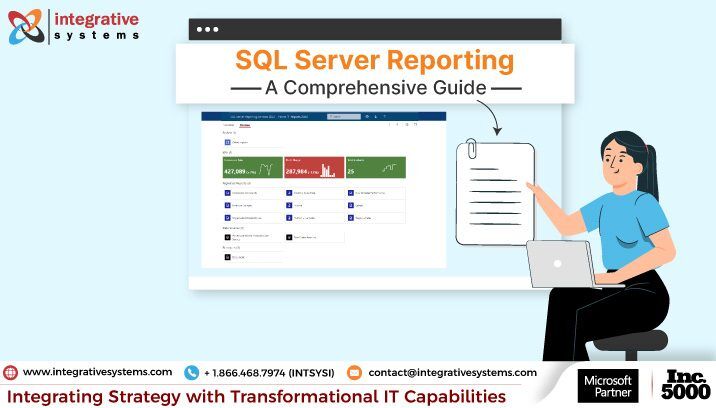AI Driving the Future of Healthcare Technology
One of the most impactful applications of AI in healthcare is its ability to detect diseases early. Machine learning models trained on vast datasets can analyze medical images such as X-rays, MRIs, and CT scans with incredible accuracy.

Artificial Intelligence (AI) is revolutionizing the healthcare industry, transforming how medical professionals diagnose diseases, personalize treatments, and enhance patient care. From predictive analytics to robotic surgery, AI-powered innovations are paving the way for a more efficient, accurate, and patient-centric healthcare system.
1. AI in Diagnostics and Disease Detection
One of the most impactful applications of AI in healthcare is its ability to detect diseases early. Machine learning models trained on vast datasets can analyze medical images such as X-rays, MRIs, and CT scans with incredible accuracy. AI-powered diagnostic tools help radiologists identify conditions like cancer, heart disease, and neurological disorders faster than traditional methods.
For example, AI-driven algorithms have been used to detect diabetic retinopathy, a leading cause of blindness, with precision comparable to human specialists. This not only reduces diagnostic errors but also ensures early intervention, improving patient outcomes.
2. AI and Personalized Treatment Plans
AI is revolutionizing treatment by enabling personalized medicine. Instead of a one-size-fits-all approach, AI analyzes a patient’s genetic makeup, lifestyle, and medical history to recommend tailored treatments. This is especially valuable in cancer treatment, where AI can identify the most effective therapies based on a patient’s unique genetic profile.
Pharmaceutical companies are also leveraging AI to accelerate drug discovery. AI-driven simulations and molecular modeling help researchers identify potential drug candidates more efficiently, reducing development time and costs.
3. AI-Powered Virtual Assistants and Chatbots
AI-driven virtual assistants and chatbots are enhancing patient engagement and streamlining administrative tasks. These AI tools provide 24/7 support, helping patients schedule appointments, receive medication reminders, and even get preliminary diagnoses based on symptoms.
For example, AI chatbots in telemedicine platforms are making healthcare more accessible, especially in remote areas where medical professionals are scarce. These tools improve efficiency by handling routine queries, allowing doctors to focus on critical cases.
4. Robotics and AI in Surgery
AI-powered robotic systems are transforming surgical procedures, increasing precision and reducing recovery times. Robots like the da Vinci Surgical System assist surgeons in performing complex minimally invasive surgeries with enhanced dexterity. AI algorithms help analyze real-time data during surgery, minimizing errors and improving patient safety.
Additionally, AI-driven robots are being used in post-surgical care, assisting patients with physical therapy and rehabilitation, ensuring faster recovery.
5. Predictive Analytics for Disease Prevention
AI-driven predictive analytics is helping healthcare providers identify at-risk patients before they develop severe conditions. By analyzing patient records, lifestyle habits, and genetic factors, AI can predict the likelihood of diseases such as diabetes, heart disease, and Alzheimer’s.
Hospitals and healthcare organizations are leveraging predictive models to implement preventive care strategies, reducing hospitalizations and healthcare costs.
6. AI in Administrative Efficiency
AI is also streamlining healthcare administration by automating tasks such as medical coding, billing, and electronic health record (EHR) management. AI-powered systems reduce paperwork, minimize errors, and improve workflow efficiency, allowing healthcare providers to focus on patient care.
Conclusion
AI is undeniably shaping the future of healthcare technology, driving innovation in diagnostics, treatment, patient care, and administrative efficiency. As AI continues to evolve, its integration into healthcare will lead to improved outcomes, cost reductions, and a more patient-centric healthcare ecosystem. However, ethical considerations, data privacy, and regulatory compliance must be addressed to ensure responsible AI deployment in healthcare.
With AI leading the charge, the future of healthcare looks promising—more accurate, efficient, and accessible than ever before.
What's Your Reaction?


















.jpg)